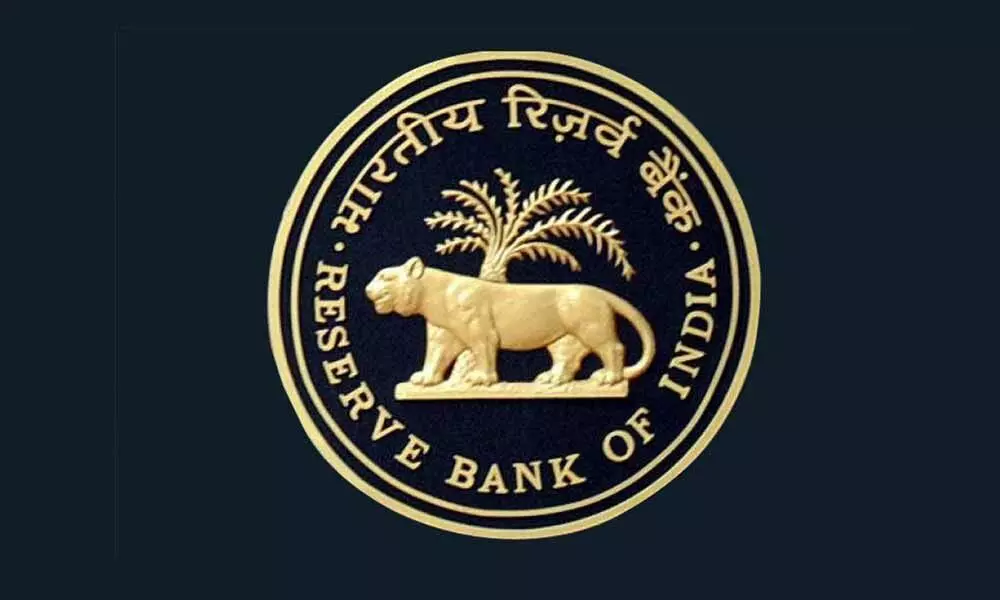AIBDA seeks RBI nod on suspension
A few banks suspend charges for premature withdrawal of FDs, SBI yet to follow
image for illustrative purpose

Mumbai AIBDA has requested the Reserve Bank of India (RBI) to direct banks to suspend penalty charges leviable by them, during these tough times, because many depositors are under compulsion to indulge in premature withdrawal to defray the excessive medical bills for treatment of Covid and many have lost their jobs.
So, we request for a moratorium on penalty charges for a period of one year for premature deposit withdrawal up to Rs5 lakh. This is in light of the accommodation given (with respect to lending interest rate moratorium) to small borrowers, MSME loans up to a given limit. In the best interests of retail/small depositors and in the light of the current falling interest rate scenario, the existing policy related to penalty on premature withdrawal needs a review, AIBDA said in a statement. When borrowers are accommodated then why is there no relief for Bank Depositors - it is unfair and iniquitous.This is unfair to depositors. Some of the lenders like Bank of India, Bank of Baroda and Axis Bank have suspended such penalty, big banks like SBI and ICICI were yet to take a call on the issue.
All India Bank Depositors' Association (AIBDA) wants banks to suspend penalty charges for premature withdrawal of FDs during these tough times. It has written to RBI recently in this respect. It is the issue of bank charges pertaining to premature withdrawal of Fixed Deposits.
Typically banks charge penalty for Fixed Deposit(FD) in case of premature withdrawal (in case you withdraw or transfer FD funds to savings account before the term of FD is over).
The Fixed Deposit rates hover around 3.50 to 5.00 per cent per annum. But the penalty can be nearly 0.50 to 1 per cent per annum. Earlier the FDR rates used to hover around 7 to 8.50 per cent. The penalty of 1 per cent was reducing the return by around 12 per cent (1 divided by 8 per cent). Currently FD interest rate is 4 to 5 per cent. The penalty of 1 percent will bring the return down by 20 per cent (1 per cent divided by 5 per cent).
Padmaja Chunduru, MD and CEO of Indian Bank told Bizz Buzz that "we are not charging any penalty on such FDs and we are even ready to consider giving loans against such FDs on case-to-case basis." This has become of paramount importance in the current pandemic scenario with unemployment, economic uncertainties, health concerns and unexpected expenses.
Many sections of the society depend on the FD interest income as a primary source of income. It is only in case of extreme necessity/emergency that a depositor may withdraw the FD pre-maturely. It is unfortunate that if they need to break the FDR, they also have to forego a part of their income as 'penalty'.
"The table below (sourced from bank websites) provides the Fixed Deposit (FD) penalty rates of few large banks for ready reference. This is only representative data and not to link the issue with any particular bank," DG Kale, president, AIBDA.
In the long-term perspective, we urge RBI to nudge banks to have a more reasonable penalty structure, that is responsive to the current predicament faced by depositors, he added.
AIBDA reiterates its concern that retail depositors are likely to be lured by riskier financial assets to improve on the rate of return on their savings. Against the backdrop of the impending turbulence and uncertainty of the financial market and a likelihood of stress in the banking/NBFC/Corporate sector, it is important to take care of this risk.
In fact, AIBDA appreciates that it is not possible to withdraw penalty on premature withdrawal of FD on a permanent basis. Banks need to maintain Asset Liability Management (ALM) discipline. It also acts as a safeguard to irrational deposit flight in search of highest returns.
"Having recognised this, AIBDA makes a case for some calibration on the penalty and link it to absolute percentage return too so that the retail depositors are able to meet their objective of generating suitable interest from this banking product. It may be linked with the value of the FD too, especially the smaller value FDs may have a NIL or lower penalty structure," says Amitha Sehgal Hon Secretary, AIBDA.
While a few banks have made this accommodation, the State Bank of India, being the largest bank has not done so.

